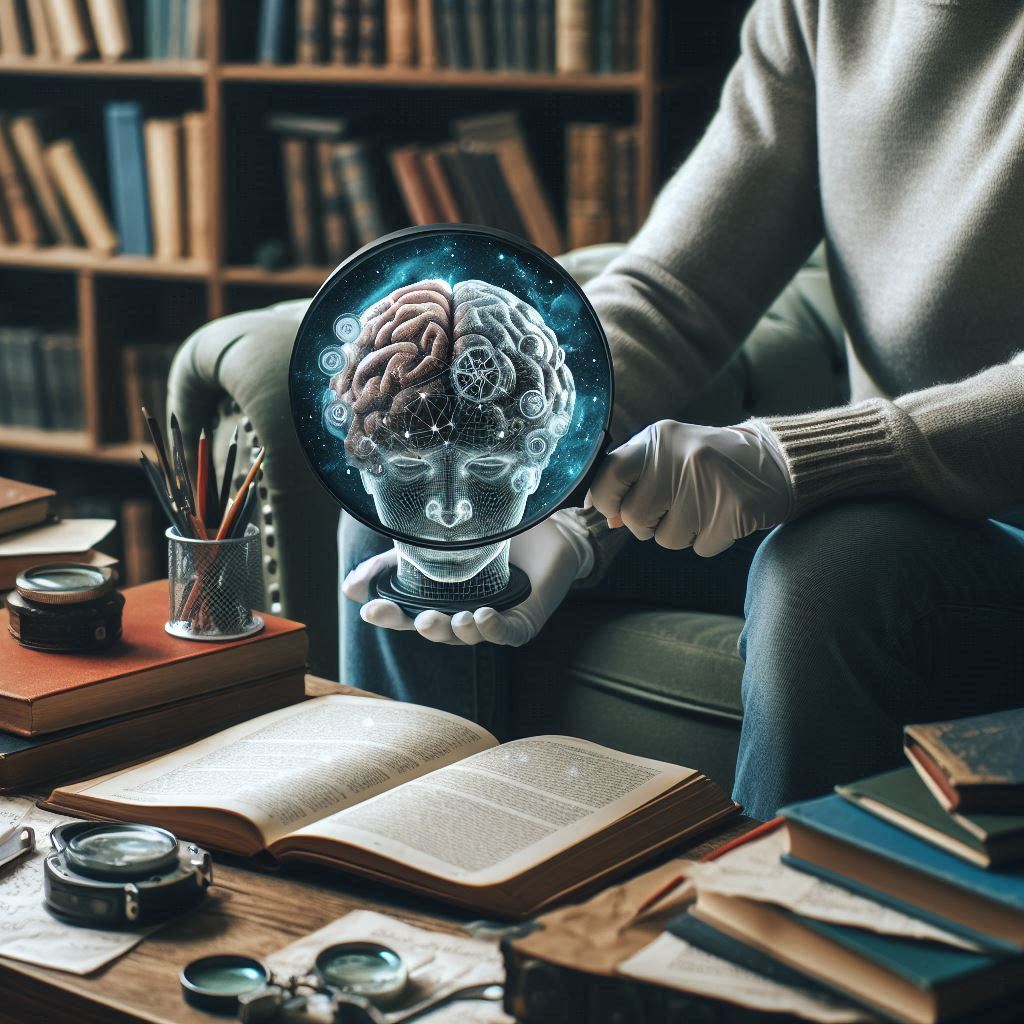Personality Tests

When you learn about the psychology of self, one obvious place to search for is personality psychology. Branch of psychology that studies personality and its variations. These show how individuals differ from each other.
But before we continue, a small disclaimer. Personality tests are designed to put people into neat categories - this is not how people are in real life. These tests depend on the idea of an ‘innate’ personality - but that’s not how actual people work. Our personalities can change with time, life events, and environments.
That said, personality tests still have value. When taking such tests, you are forced to think about yourself - and that thinking has value. And if knowing yourself better is the goal, this thinking is a good way to reach there.
With that disclaimer out of the way, these are the major theories that attempt to explain personality in psychology…
Trait Theory
Trait theory defines personality with stable and lasting behavior patterns and conscious motivations. It describes personality characteristics(or traits) - not explain why they are there. These traits can predict behavior and attitude. Trait can be defined as…
- Meaningful differences between individuals
- Stable and lasting
- Traits are objective behavior - not good or bad. It can be good or bad depending on the context.
Psycho-Analytic Theory
This is the theory that was developed by Sigmund Freud to explain human behavior. According to this theory, the conflict between the unconscious to do pleasurable things and the conscious to do the ‘good’ things creates all behavior. Many aspects of this branch are no longer supported by modern psychology.
Humanistic Theory
Humanistic school tend to reject personality tests, and rely on interviews. Their process is to understand how you would ideally like to be and how you are currently. The close these two responses are, the better off you are.
Evolutionary Psychology
Many behaviors exist today because there was an evolutionary need for that behavior to be in place. This school of psychology tries to explain human behavior using the lens of evolution.
Behavioral Psychology
The behavioral school of psychology maintains that personality comes from the interactions with the environment. The environment shapes the individual more than anything else according to this school. They are heavily in favor of Nurture in the Nurture vs Nature debate.
Social Cognitive Theory
Behavior is explained as guided by expectations about the world and other people. Thinking and feeling is given the most importance.
Philosophy of Personality
The scales that should be kept in mind when thinking about personality…
- Free will vs Determinism: How much of the behavior was chosen vs unconscious/environmental.
- Nature vs Nurture
- Uniqueness vs Universality: Gordon Allport, Maslow(famous for Maslow’s Hierarchy of Needs) and Carl Rogers focus on the uniqueness of individuals. Behaviorists and Cognitive theorists, however, emphasize the universal principles.
- Active vs Reactive: Do individuals act on initiative or outside stimuli. Or are they passively shaped by their environment.
- Optimistic vs Pessimistic
Personality Tests
Now that we have a basic understanding of the theory behind personality psychology, let’s take a look at what these theories have produced…
Myers-Briggs Type Indicator (MBTI)
This is perhaps the most popular personality test right now. This test has four scales…
- Introvert vs Extrovert
- Intuition vs Sensing
- Thinking vs Feeling
- Judging vs Perceiving
I don’t want to focus on this too much as this test is famous for being very bad at what it does. Among its many faults, researchers found that people get different results if they take the test twice with a five week gap.
Big 5 Personality Traits / OCEAN
Currently, this is a more acceptable replacement for MBTI.
- Openness: More open to new experiences
- Conscientiousness: Attention to detail
- Extroversion
- Agreeableness: Your willingness to make peace with others, patience. The other extreme of this scale is ‘competitive’
- Neuroticism/Emotionality: More prone to anxiety, paranoia, aggression, etc.
A more updated test based on the Big 5 test is the HEXACO Model. This adds a 6th Trait: Honesty-Humility to the Big 5.
Dark Triad
Most personality tests tend towards positive aspects. So, I was intrigued to learn about this personality test which focused more on the negatives. This tests you along these three scales…
- Narcissism: Inflated sense of self
- Psychopathy: Little Empathy or Conscience. Impulsive, thrill seeking
- Machiavellianism: Manipulative
And More…
- Enneagram: Nine personality types and their interrelationships
- Emotional Intelligence (EQ): Ability to recognize, understand, and manage emotions
- Rokeach Value Survey (RVS): Personal values and value systems
- Kolbe A Index: Cognitive strengths, or how you take action
- Learning Styles Inventory (VARK): Preferred learning style (Visual, Auditory, Reading/Writing, Kinesthetic)
- Holland Code (RIASEC): Career interests based on six traits (Realistic, Investigative, Artistic, Social, Enterprising, Conventional)
- Strong Interest Inventory: Interests in various careers and work environments
- Career Anchors: Career values and motives
- Johari Window: Most personality tests rely on self evaluation - which is prone to some issues. Johari Window uses external perception.
